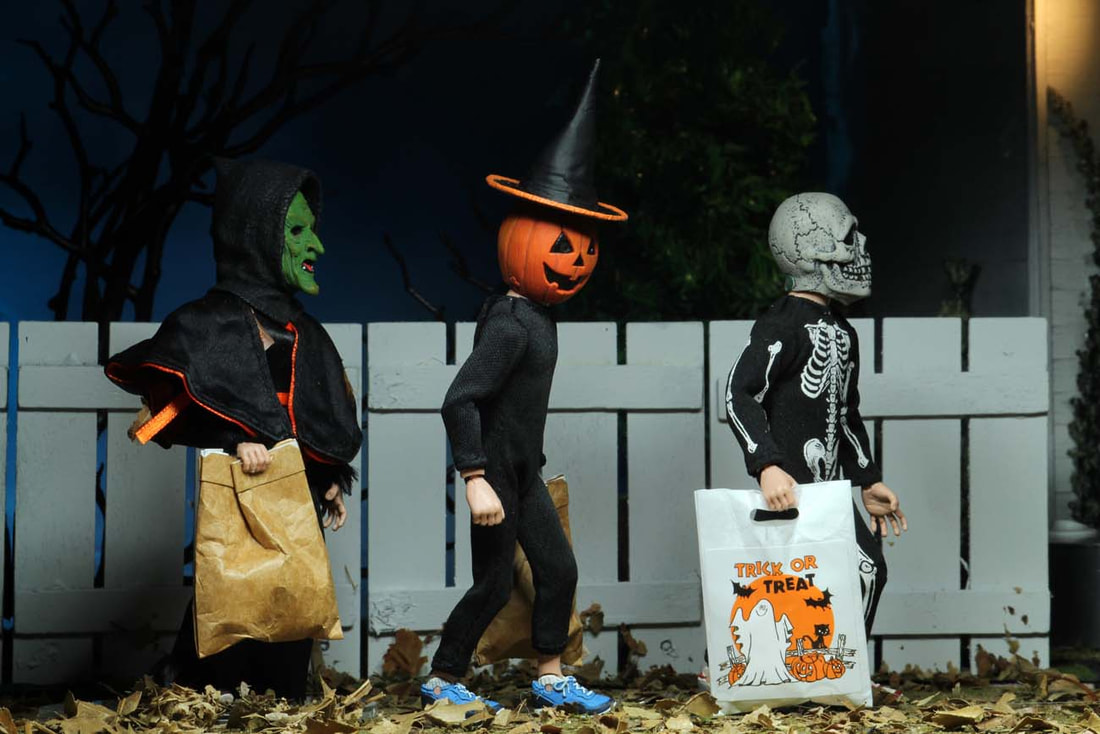By: Anaya George
School has been in for over a month now and at this time, students may have already accumulated what they call a friend group. More often experts see that when students create a friend group it makes them enjoy school more and feel wanted. Depending on the group educators and other leaders of education you can see how a child's self-esteem can increase or decrease based on who they are around.
“Friend groups ensure you have someone to talk to,” Tenth grader Colin Cooperwood mentions, “They can change the way people act or feel for better or worse.” Students in friend groups can sometimes act differently than they would outside the group. They often go along with what the others are doing, whether good or bad. However, experts say over 45% of students who prefer to remain alone have less identity issues by the age of 19.
“I like to be out of the mix,” Junior Bassan Sisoko claims, “Students can get caught up on popularity which may alter their further success for the future.” Popularity is not necessarily a bad thing, rather it can be good depending on the environment. Popular individuals are more likely to mix with other groups of people.
While those who stay to themselves, or smaller groups of students will usually remain surrounded by those individuals for the rest of their high school career who share the same interests and would rather not branch out. 10th grader Jace Lowther mentions, “My friends are smart, funny, and cool people. We all share the same interests and participate in the same activities, so we relate to many things.” He continues, “I usually only talk to the same people and surround myself with those I'm familiar with.”
Students should begin to learn how to interact outside of their circle. In doing so, it will benefit their working skills and expose them to a variety of cultures, interests, etc...
School has been in for over a month now and at this time, students may have already accumulated what they call a friend group. More often experts see that when students create a friend group it makes them enjoy school more and feel wanted. Depending on the group educators and other leaders of education you can see how a child's self-esteem can increase or decrease based on who they are around.
“Friend groups ensure you have someone to talk to,” Tenth grader Colin Cooperwood mentions, “They can change the way people act or feel for better or worse.” Students in friend groups can sometimes act differently than they would outside the group. They often go along with what the others are doing, whether good or bad. However, experts say over 45% of students who prefer to remain alone have less identity issues by the age of 19.
“I like to be out of the mix,” Junior Bassan Sisoko claims, “Students can get caught up on popularity which may alter their further success for the future.” Popularity is not necessarily a bad thing, rather it can be good depending on the environment. Popular individuals are more likely to mix with other groups of people.
While those who stay to themselves, or smaller groups of students will usually remain surrounded by those individuals for the rest of their high school career who share the same interests and would rather not branch out. 10th grader Jace Lowther mentions, “My friends are smart, funny, and cool people. We all share the same interests and participate in the same activities, so we relate to many things.” He continues, “I usually only talk to the same people and surround myself with those I'm familiar with.”
Students should begin to learn how to interact outside of their circle. In doing so, it will benefit their working skills and expose them to a variety of cultures, interests, etc...



